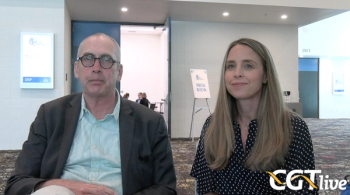
The chief scientific officer and senior director of preclinical pharmacology Arbor Biotechnologies discussed ABO-101, the company’s gene therapy for primary hyperoxaluria type 1.

The chief scientific officer and senior director of preclinical pharmacology Arbor Biotechnologies discussed ABO-101, the company’s gene therapy for primary hyperoxaluria type 1.

The rAAVrh8 gene therapy delivers HEXA and HEXB genes and has posted positive phase 1/2 results in infantile GM2 gangliosidosis, with enhancements in enzymatic activity and neurological outcomes.
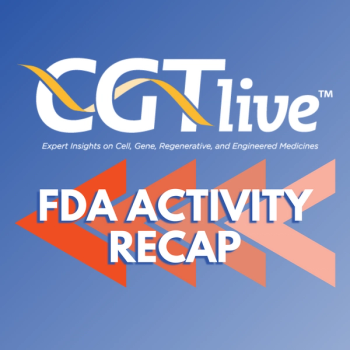
Catch up on any of the key FDA news stories you may have missed last month, with coverage highlights from the CGTLive® team.

Review top news and interview highlights from the week ending August 29, 2025.

Annaiz Grimm, BS, a research scientist at Seattle Children's Research Institute, discussed the potential use of EngTregs to treat autoimmune disease.
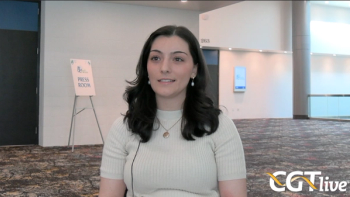
The research scientist at Seattle Children's Research Institute discussed a potential alternative to standard of care immunosuppressive therapy.

Catch up on the latest news, breakthroughs, and announcements from biotechnology companies making advancements in cell and gene therapies.

Prerna Mewawalla, MD, the medical director of Apheresis and a hematologist-oncologist in the Division of Hematology and Cellular Therapy at Allegheny Health Network, spoke on unmet needs in patients who receive early-line CAR-T for R/R MM.

Notably, the FDA granted Papzimeos a full approval, without a requirement for a confirmatory trial.

Ultragenyx anticipates that the full BLA will have been submitted in the fourth quarter of this year.
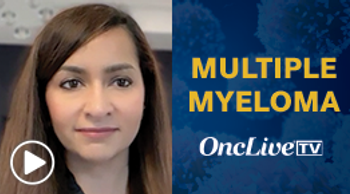
The medical director of Apheresis and a hematologist-oncologist in the Division of Hematology and Cellular Therapy at Allegheny Health Network spoke about unmet needs in patients who receive early-line CAR T for R/R MM.
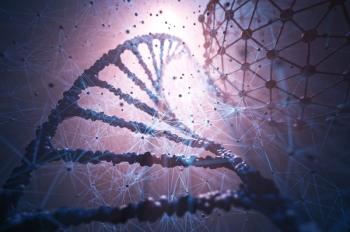
The new PDUFA date is set for February 8, 2026.
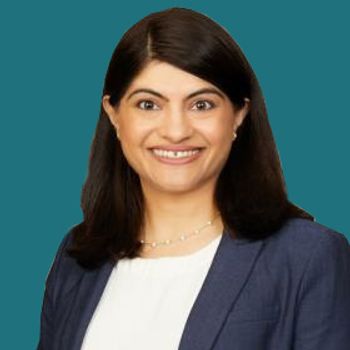
Surbhi Sidana, MD, the assistant professor of medicine, bone marrow transplantation, and cellular therapy at Stanford discussed the benefit of second-line cilta-cel in PFS and OS.

Review top news and interview highlights from the week ending August 22, 2025.

The hold was originally placed on the trial by the FDA on May 23, 2025, following the death of a patient treated in the study.
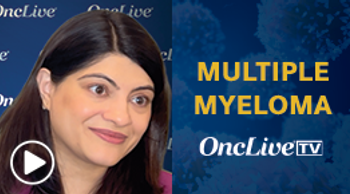
The assistant professor of medicine, bone marrow transplantation, and cellular therapy at Stanford discussed the benefit of second-line cilta-cel in PFS and OS.

Catch up on the latest news, breakthroughs, and announcements from biotechnology companies making advancements in cell and gene therapies.

Damien Maura, PhD, a senior scientist at Voyager, discussed the company’s work on developing AAV capsids capable of overcoming patients’ preexisting immunity.
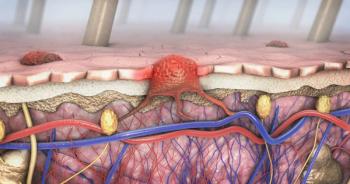
Lifileucel has been approved in the US since February 2024.
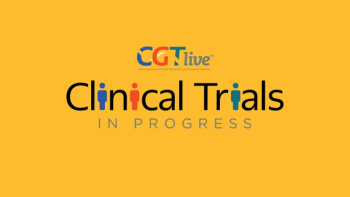
The nonrandomized, open-label clinical trial for pCHIM-p47, which launched on March 20, 2023, is taking place at Great Ormond Street Hospital in London.
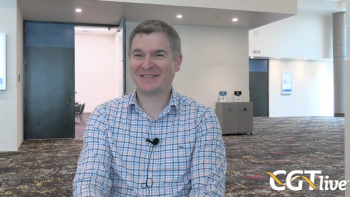
The senior scientist at Voyager Therapeutics discussed the company’s work on developing AAV capsids capable of overcoming patients’ preexisting immunity.

The postdoctoral research fellow at Brigham and Women's Hospital discussed research on focused ultrasound aimed at enhancing AAV delivery across the blood-brain barrier.

Review top news and interview highlights from the week ending August 15, 2025.
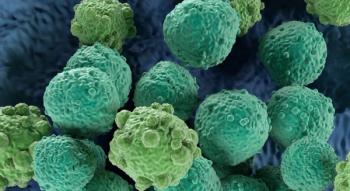
The complete response rate was 88%.

Notably, the first patient was dosed in the GARDian3 in July 2025.

Catch up on the latest news, breakthroughs, and announcements from biotechnology companies making advancements in cell and gene therapies.
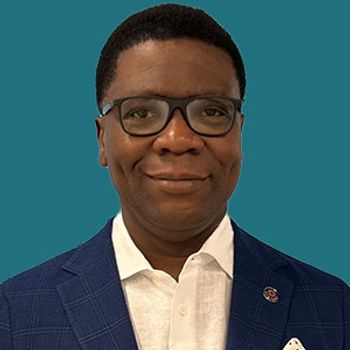
The RMAT designation was granted based on data from the phase 1/2 ATALANTA-1 clinical trial, which includes a subset of patients with R/R MCL.
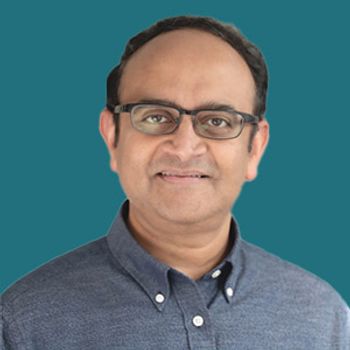
Rajeev Sivasankaran, PhD, vice president of neuroscience at Voyager Therapeutics, discussed preclinical data on the company’s AAV-delivered RNA interference therapy, VY-1706.
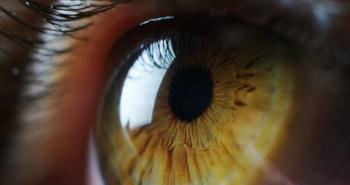
AAVB-039 is intended to deliver a functional copy of the disease-targeted ABCA4 gene.
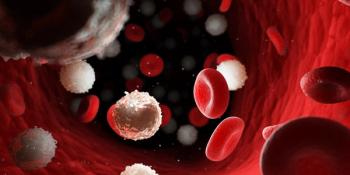
The move was based on updated safety data from an FDA probe into the risk of hematologic malignancies in patients treated with eli-cel.